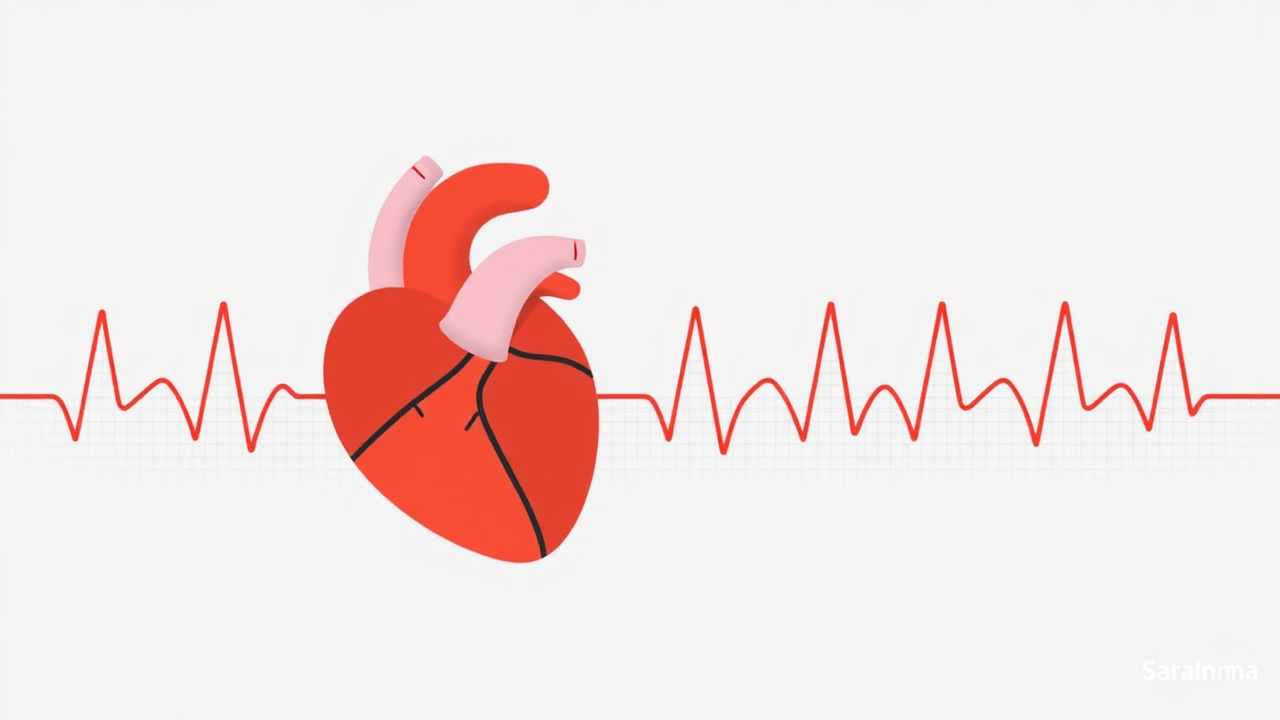A leading cardiac surgeon has challenged common assumptions about heart health screening, calling the ECG (Electrocardiogram) test largely ineffective for detecting heart disease in many patients. Dr Ramakanta Panda explained that an ECG only reveals abnormalities when the patient is experiencing pain or has previously suffered a heart attack. For individuals with significant blockages but no symptoms, the ECG may appear completely normal. Instead, experts now recommend a stress test or treadmill test to better evaluate heart function. This test monitors the heart during physical exertion, revealing problems that remain hidden at rest. A stress test can detect reduced blood flow, irregular rhythms, and blocked arteries, making it especially valuable for people with risk factors such as diabetes, high blood pressure, high cholesterol, smoking history, or family history of heart disease. Early detection through proper testing allows doctors to intervene before a serious cardiac event occurs.

Why Stress Tests Detect Heart Problems Better Than ECG
An ECG measures the heart's electrical activity while a person is resting. Though useful for identifying rhythm disturbances or past heart attacks, it fails to show reduced blood flow when no current distress exists. A stress test, conducted on a treadmill or stationary bike, evaluates how the heart performs during physical activity. When coronary arteries are blocked, the heart muscle does not receive adequate blood flow during exertion. This manifests as changes in the ECG tracing, chest pain, shortness of breath, or fatigue during the test. Stress tests can identify reduced blood flow, irregular rhythms, and signs of blocked arteries, making them valuable for detecting early heart disease risks, particularly in patients experiencing symptoms during physical activity.
Source: Link
